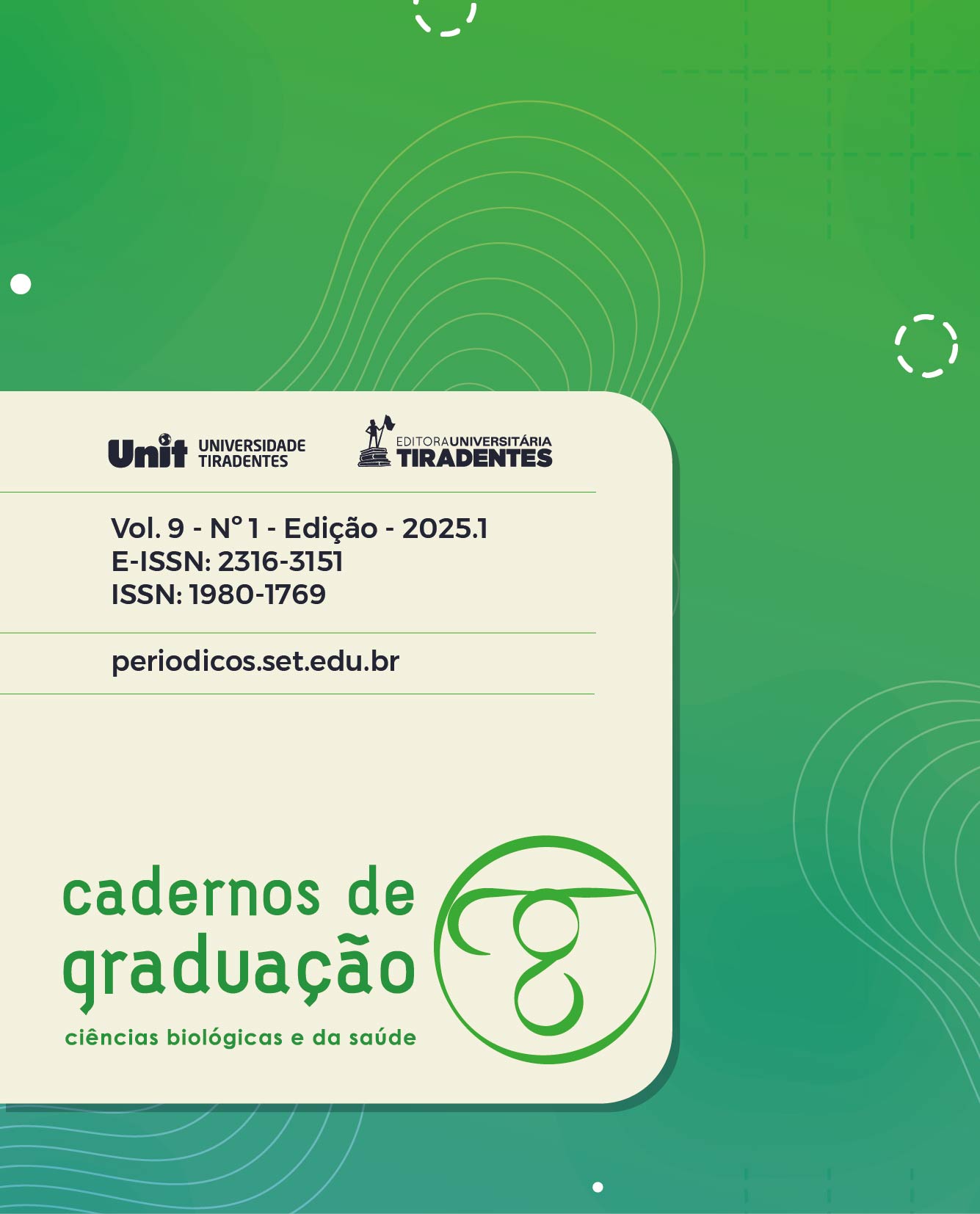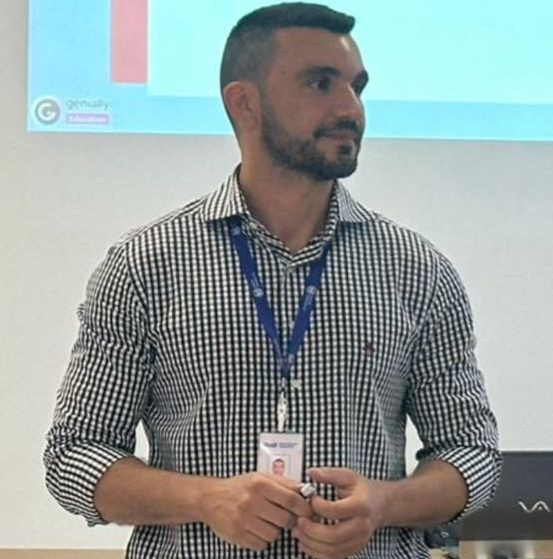Gynecological Health in Old Age: Promoting Quality of Life for Elderly Women at CRAS Benjamin Alves Carvalho
DOI:
https://doi.org/10.17564/2316-3151.2025v9n1p109-120Published
Downloads
Downloads
Issue
Section
License
Copyright (c) 2025 Caderno de Graduação - Ciências Biológicas e da Saúde - UNIT - SERGIPE

This work is licensed under a Creative Commons Attribution-NonCommercial-NoDerivatives 4.0 International License.
Oferece acesso livre e imediato ao seu conteúdo, seguindo o princípio de que disponibilizar gratuitamente o conhecimento científico contribui para a democratização do saber. Assume-se que, ao submeter os originais os autores cedem os direitos de publicação para a revista. O autor(a) reconhece esta como detentor(a) do direito autoral e ele autoriza seu livre uso pelos leitores, podendo ser, além de lido, baixado, copiado, distribuído e impresso, desde quando citada a fonte.
Abstract
The present study aimed to guide elderly women on the social, biological, and psychological aspects related to gynecological health, promoting their overall well-being and empowerment. The project was conducted at CRAS Benjamin Alves Carvalho, in Aracaju, a city in the state of Sergipe, where interactive activities encouraged the participation of elderly women, creating a welcoming environment conducive to learning. The project consisted of three main stages: the application of a diagnostic questionnaire; a discussion circle addressing physiological changes and intimate hygiene and vaginal discharge; and a playful "Truth or Lie" dynamic to explore essential topics related to sexuality and STIs. The results highlighted the assimilation of key knowledge, such as the importance of using condoms even after menopause, identifying common gynecological discharges, and using lubricants to alleviate vaginal dryness. The interventions also demystified misconceptions about sexuality and encouraged reflections on self-care. Therefore, it was concluded that there are significant gaps in elderly women's knowledge of gynecological health, often stemming from taboos and misinformation, although the activities carried out were effective in expanding the group's understanding and reinforcing the importance of health education in later life. Furthermore, the study also underscores the relevance of university extension projects in addressing these needs, contributing to healthier and more satisfying aging for women.















